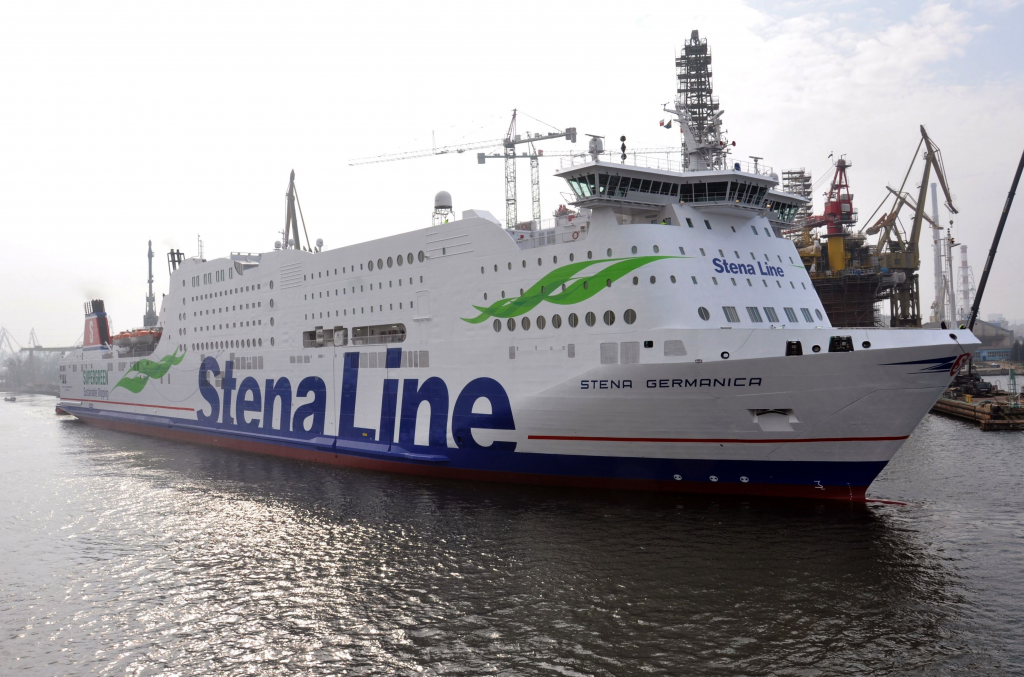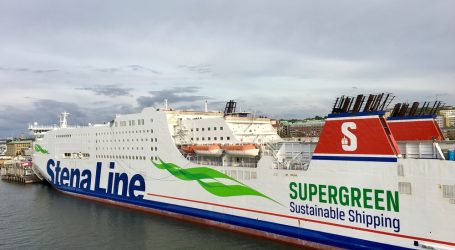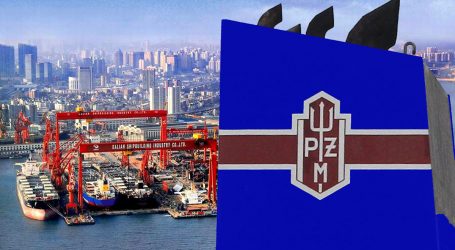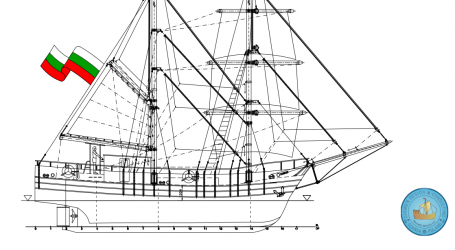“Green projects” at the Remontowa Shiprepair Yard
Owned by Remontowa Holding, Gdańska Stocznia Remontowa has for more than a dozen years been carrying out various innovative projects ordered by shipowners from all over the world, which limit the negative impact of ships on the natural environment. Today, the shipyard is the European leader in environmentally friendly modernisation and conversion of vessels. It carries out projects that involve modifications to the engine room, the shape of the hull, as well as the entire propulsion and exhaust emission systems.
In recent years, one of the most popular ways for shipowners to partially decarbonise shipping has been the installation of exhaust gas scrubbers (scrubbers), which reduce sulphur oxide emissions into the atmosphere. In 2020, the renowned British intelligence service Clarksons selected 15 of the world’s leading companies installing scrubbers, 12 of which operate in China. Gdańsk Shiprepair Yard took seventh place in the list, but first place among non-Chinese shipyards. It has already installed over 100 scrubbers on several dozen.
Engines powered by methanol – an innovative solution
The shipyard is also adapting ship propulsion systems to use environmentally friendly fuels. In 2015, it was the first in the world to convert a large ship to run on methanol. This was the ferry Stena Germanica and since then the engines of this 240-metre-long vessel have been powered by methanol as the main fuel and MGO (Marine Gas Oil) – used additionally. The method of adapting the engines to the new fuel was developed by Wärtsilä and Stena Teknik (a company of the Stena Sphere group, which also owns the ferry company Stena Line). Stena Germanica has also gained a new bow pearl, allowing the vessel to operate even more economically.
Methanex, Stena Line, Wärtsilä and the ports of Gothenburg and Kiel worked closely together on the project. The project, which has won numerous awards, was co-financed by the European Union and carried out under the supervision of Lloyd’s Register.
Since the introduction of the ferry Stena Germanica, the market for methanol-powered ships has grown steadily. Methanol as a marine fuel is already available in more than 88 ports around the world and reduces sulphur oxide (SOx) emissions by around 99 per cent compared to traditional diesel!) Methanex Corporation, through its wholly owned subsidiary Waterfront Shipping, operates the world’s largest fleet of methanol tankers, which already consists of 11 vessels.




